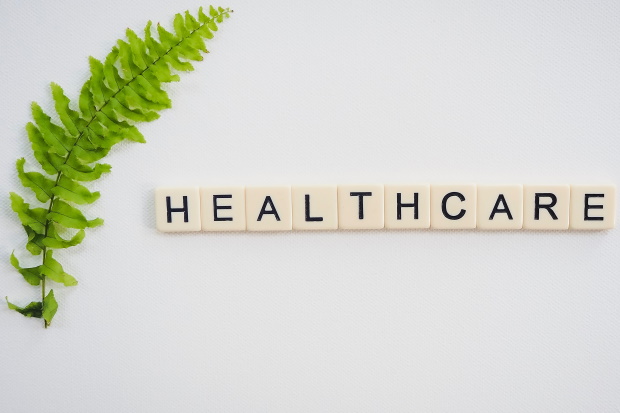Simple Changes Can Mean Huge Advancements For Women’ Health Independence

All over the world, women are not given full agency over their health at a time when self-care is crucial. According to Reuters, developing countries are where this is most severely felt, with only half of women given full rights to their own health and bodies. This isn’t just seen in topics concerning reproduction, either, though that is very much at stake. No, the lack of agency over women’s health extends to even the most minor things that can have, potentially, a significant impact on health and wellbeing. Consider something as simple as the products used in the bathroom.
Products and BV
Women in the developing world do not have many options when it comes to reproductive health. This is true even of simple conditions, like bacterial vaginosis (BV). Many cases of BV can be resolved with simple changes in lifestyle and actions. For instance, changing the type of shower gel used to one that doesn’t have harmful ingredients known to damage endocrine responses. In many countries, women simply aren’t given access to the products they need, nevermind the knowledge they need to know when to make a change. According to the WHO, COVID-19 has only exacerbated these inequalities across the world as economies and communities have shut down in response to the virus.
Access to information
Lack of access to information is a major factor underlying the inequalities in female reproductive health outcomes. According to the Web Foundation, there exists a 25% gender gap in internet use across the world. Furthermore, in many countries where women are allowed to access the internet, their use is restricted in such a way that they are unable to access key information on their health, reproductive or otherwise. Meaning that the internet is of little use to them in understanding their health, rights and needs. Furthermore, these disparities are present not just in developing countries. They’re in the highly-developed world, too, and especially so among ethnic lines.
Health equity in America
Studies have shown that there is a huge female health disparity even in the United States. One study, published in the Journal of Women’s Health, found that, despite ‘significant improvements’, huge disparities remain in the level and quality of healthcare that black American women receive every day. This disparity is present, too, in the Latin community. Largely organised along poverty lines, some studies also state there is a discriminatory racial aspect to the lack of treatment. Again, promoting healthcare in these communities is a matter of equal access and trust, even in the most disadvantaged groups. A simple change of providing information to a wider group of people, and ensuring with checkups that they have access to the right facilities, will do a world of good.
Resolving these disparities, across the world, will help women immeasurably. Expanding knowledge of what’s available, and how it can help health, is the key. Knowledge is powerful. And even minor changes resulting from it will make a world of difference.

